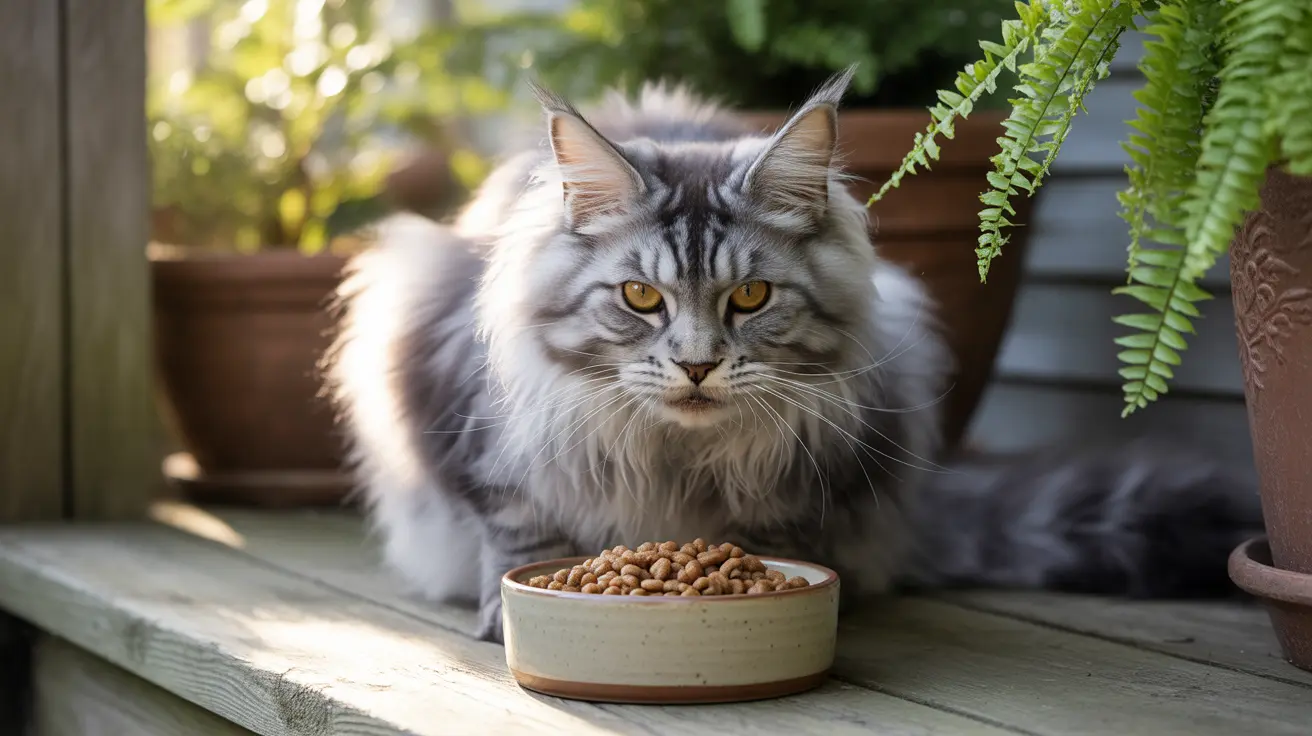Understanding Why Puppies Vomit: Causes, Signs, and What to Do
Vomiting in puppies is a frequent concern for pet owners. While it can be alarming to see your puppy throw up, it's important to know that not all cases are serious. Still, understanding the possible causes and when to seek help can make a big difference in your puppy's health.
Common Reasons Puppies Vomit
Puppies explore the world with their mouths—they chew and swallow things they shouldn't. This curiosity often leads to upset stomachs. Here are some of the most common triggers:
- Eating too fast or overeating: Puppies that gobble food may regurgitate undigested food soon after meals. Large portions can also overwhelm their small stomachs.
- Dietary indiscretion: Many puppies eat non-food items like garbage, toys, grass, or even feces. These can irritate their stomach lining and trigger vomiting.
- Sudden diet changes or food sensitivities: Switching foods too quickly or introducing new treats without a slow transition can upset digestion. Food allergies or intolerances may cause gastrointestinal issues as well.
- Intestinal parasites: Roundworms, hookworms, whipworms, giardia, and coccidia are especially common in young dogs. These parasites often lead to vomiting and diarrhea.
- Infections: Viruses like parvovirus, distemper, coronavirus, and canine herpesvirus can cause severe vomiting—especially in unvaccinated puppies.
- Bacterial infections: Overgrowth of bacteria such as E. coli or Salmonella may result in vomiting and diarrhea. Some bacteria are also transmissible to humans.
- Motion sickness: Car rides can make young or inexperienced puppies nauseous and prone to vomiting.
- Swallowing foreign objects: Toys, socks, rocks—puppies swallow it all! If an object gets stuck in the gastrointestinal tract (causing an obstruction), vomiting will persist and the puppy may stop passing stool. This is a medical emergency.
- Toxins: Chocolate, xylitol (a sweetener), certain plants, rat poison, household chemicals, and human medications are all dangerous if ingested by puppies and require immediate veterinary care.
- Pancreatitis: Eating fatty foods or table scraps can inflame the pancreas—leading to vomiting, abdominal pain, and lethargy.
- Stress: Major changes like leaving their mother or moving homes sometimes cause digestive upset in puppies.
- Chronic diseases: Rarely in very young dogs but possible; conditions such as liver disease or inflammatory bowel disease may cause repeated vomiting episodes.
Telling Vomiting from Regurgitation
You might notice your puppy brings up food right after eating without much effort—that's usually regurgitation (a passive process). Vomiting is more active: you'll see abdominal contractions and retching. Regurgitated material tends to be undigested; vomit is partially digested and may contain bile. Knowing which one you're seeing helps your vet pinpoint the cause faster.
The Color of Puppy Vomit: What It Means
- Yellow: Usually bile; happens when the stomach is empty or meals are spaced too far apart.
- White/foamy: Can signal mild irritation or acid buildup; sometimes linked with respiratory illness too.
- Green: May mean your puppy ate grass or is bringing up bile.
- Red/streaks of blood: Suggests bleeding in the stomach or esophagus—bright red blood is urgent!
- Coffee-ground/black: Indicates digested blood; could point to internal bleeding (seek help immediately).
- Bland/undigested food: Often from eating too quickly but could also mean an obstruction if persistent.
- Brown/foul-smelling: Sometimes due to eating feces or other inappropriate material.
- Clear liquid: May result from drinking water too fast or mild stomach irritation.
Dangers: When Should You Call the Vet?
Puppy vomiting isn't always an emergency—but sometimes it is! Contact your veterinarian right away if you notice any of these signs:
- Your puppy vomits repeatedly or can't keep food/water down
- You see blood in vomit/stool
- Lethargy (your puppy seems weak), loss of appetite
- The puppy is under four months old and vomits
- No stool production plus ongoing vomiting (could be obstruction)
- You notice dehydration: sunken eyes, dry gums, poor skin elasticity
- The problem lasts more than a day or worsens rapidly
Caring for Mild Cases at Home (With Vet Guidance)
- If your vet agrees it's safe: withhold food for a few hours (2-4) but offer small sips of water so your puppy doesn't get dehydrated. Never fast toy breeds for long—they're prone to low blood sugar!
- If vomiting stops: gradually reintroduce bland food like plain boiled chicken (no skin/bones) mixed with white rice. Feed tiny amounts frequently instead of large meals.
- Simplify activity so your pup's digestive system can recover fully before resuming playtime.
If you suspect rapid eating caused the problem: try a slow feeder bowl next time. Always monitor for new symptoms—if anything changes for the worse (lethargy returns, diarrhea develops), call your vet again right away. Never give medications unless prescribed by your veterinarian!
The Veterinary Approach: Diagnosis & Treatment
Your vet will ask about recent diet changes, exposure to toxins/foreign objects, vaccination status, how long vomiting has lasted—and what it looks like! They might run tests such as fecal exams for parasites/viruses (like parvo), bloodwork for organ function/dehydration checks, X-rays/ultrasound for obstructions—or more advanced diagnostics if needed.
Treatment depends on what's found:
- Mild cases: dietary adjustments/probiotics
- If dehydrated: fluids by mouth/subcutaneous/intravenous routes
- Nausea control meds/antibiotics/dewormers as needed
- Surgery if there's an obstruction/foreign body ingestion/severe injury
Avoiding Puppy Vomiting: Prevention Tips
- Select a high-quality diet appropriate for age; switch foods slowly over one to two weeks
- Puppy-proof your home! Keep garbage/toys/plants/chemicals out of reach
- Keep up with vaccinations & parasite prevention schedules
- Avoid abrupt dietary changes & minimize stress where possible
- Supervise outdoor play closely
< strong >Most cases stem from curiosity & minor tummy upset—but don't ignore repeated vomiting , lethargy , blood , toxin ingestion , foreign object suspicion , dehydration , especially in very young puppies . When unsure , call your vet . Prevention means good diet , safe environment & regular checkups .< / strong >





